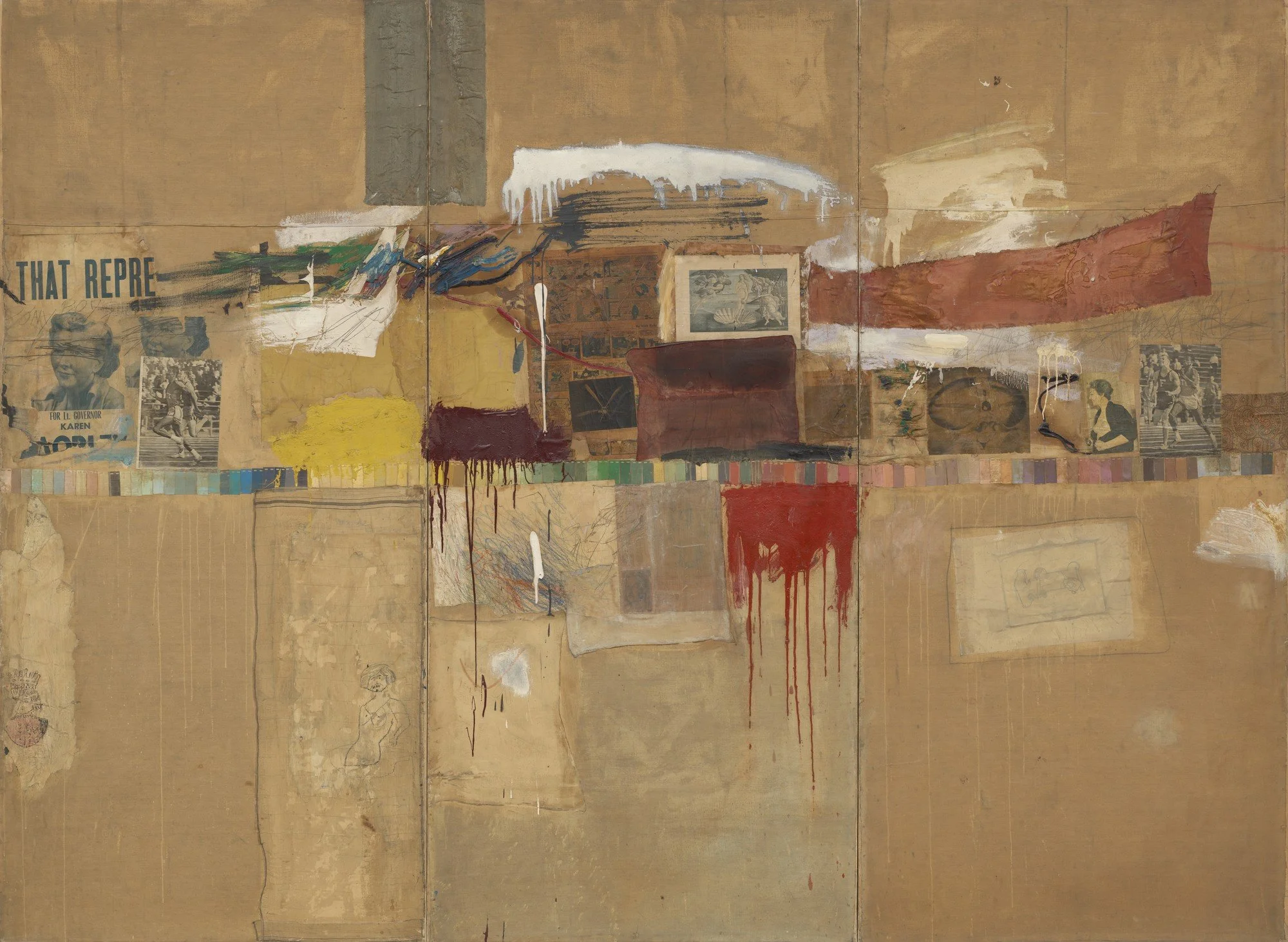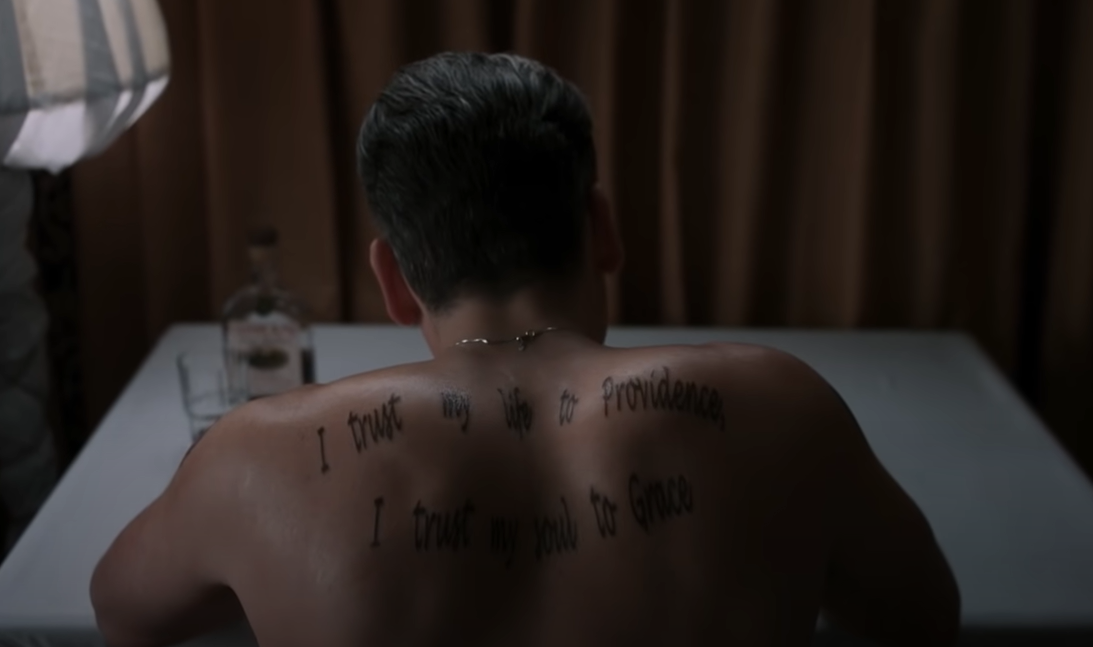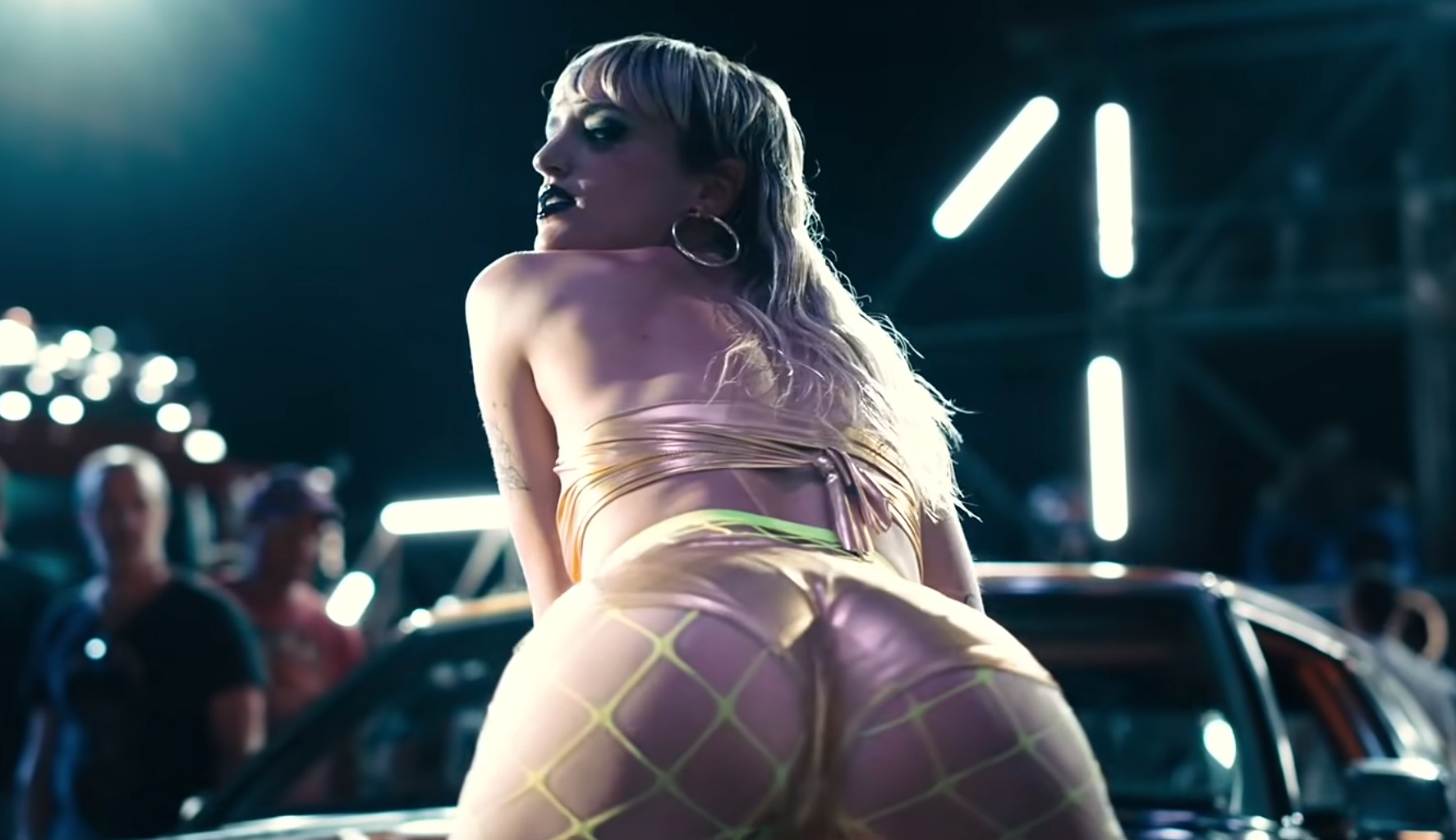Noelia Towers’ “Opening an Umbrella Indoors” at de boer
The potential of this kind of work lies in its ability to pervert reality. This is not to say distort reality, to make it into a “cruel illusion,” but transform it: to manipulate and reconfigure reality according to one’s impulses and for its own sake.
A Farewell to Carmen Herrera
The space of Herrera’s paintings is not the real space we “inhabit” in the gallery or otherwise, but rather the illusory world of images and vision. Hers is the dream ground which, for over hundreds of years, artists have used to tell us stories, to perpetuate the likeness of people and landscapes, or reflect their feelings and visions materialized in objects.
Review of Leave Society by Tao Lin
The two standpoints that Lin has employed in his work, detached nihilism and eclectic mysticism, have been hallmarks of various countercultural strands that, since the 19th century, have tried to deal with the death of God and the crisis of modernity.
Review of Murder Suey by Brad Phillips and Gideon Jacobs
There’s this TikTok trend my roommate told me about. You’re supposed to open the book on your nightstand to page 30 and read the first line. Apparently it describes your love life. Murder Suey is the book on my nightstand. In Murder Suey, page 30 is blank.
Surrealism’s Declining Years: An Interview with Monique Fong
Monique Fong discusses Surrealism with Erin Hagood.
Review of Georges Braque: a Methodical Adventure by Pierre Reverdy
We seek to utilize the force of our creative ability to fashion a world of our own or thereby change that which is given.
Interview with Jonathan Galassi and Robyn Creswell
Jonathan Galassi and Robyn Creswell discuss editing the FSG Poetry Anthology with Austin Carder and Aaron Fagan.
Sofia Gubaidulina: Der Zorn Gottes (2019)
If society no longer reliably yields a consistent aesthetic framework, and if even the immediate sensations of our own minds can no longer be trusted, how can we hope to reach the inner truth of an artwork?
Hysterical Women
maybe, as the world collapses around us, we are haunted by an unconscious sense that maybe we have too much, maybe we are taking up too much space, maybe we are mostly takers and the only thing we really contribute is an endless stream of microplastics into our waterways.
Louise Lawler “LIGHTS OFF, AFTER HOURS, IN THE DARK” at Metro Pictures
It took the formula of one species of conceptualism to capture the swan song of another.
John Currin “Memorial” at Gagosian
They’re explicit pictures, and in a world so entirely scrubbed clean of transgression, any sense of naughtiness is its own form of pleasure. Dainty feet and hands poke out in flirty little kicks, one appendage in front of the trompe l'œil frame, the other receding behind. The effect is not unlike a peep show.
Déroutement in Julia Ducournau’s Titane
We are often so resistant to directors taking the wheel, balking at the faintest hint of directorial domination over the audience — in this case, the director’s use of our bodies against us, manipulating us into identifying with someone whom our moral code rejects.
“With eyes like ripening fruit”: Manoucher Yektai at Karma
It’s not true that the world is ending — if anything, it already has. And yet life continues, alive in its death. These thoughts — speculations — give a perfunctory account of the work of the late painter and poet Manoucher Yektai, a member of the New York School whose first solo show in the city since 1984 opened at Karma two weeks ago.
Thoughts Had While Watching the Entire Fast & Furious Franchise Against My Will
It was a time of mass shootings, Paris Hilton, boys playing games that looked like war on their consoles and soldiers waging war that looked like video games from drone centers.
Kanye West: Donda
In the world of Donda, West wants to treat pop culture as a religion, a place where sinners (abusers, lawbreakers, and killers) have the opportunity for redemption if they want it.
Apocalyptic Vision: Poems by Ronnie Burk
He was not a literary artist in the sense that his work doesn’t seem to wrestle with questions of form; he’s not attempting to reinvent the surrealist modes at his disposal but rather making use of them as vehicles for his insurgent imagination and apocalyptic vision, the fury of which elevates his writing above and beyond the mere assemblage of irrational word combinations.
When the Critics Saw
A work of art has never graced the cover of the journal October. Since the first issue was published in 1976, the front cover has only ever carried the journal’s allusive title, spelled out in large capitalised letters underneath the smaller italicised headings of ‘art’, ‘theory’, ‘criticism’ and ‘politics’ (in that order).
The Comey Rule
How do we know something really happened unless it is recreated and simplified dramatically by a diverse ensemble cast, headed by Jeff Daniels, and captured on blue tinted film?




















